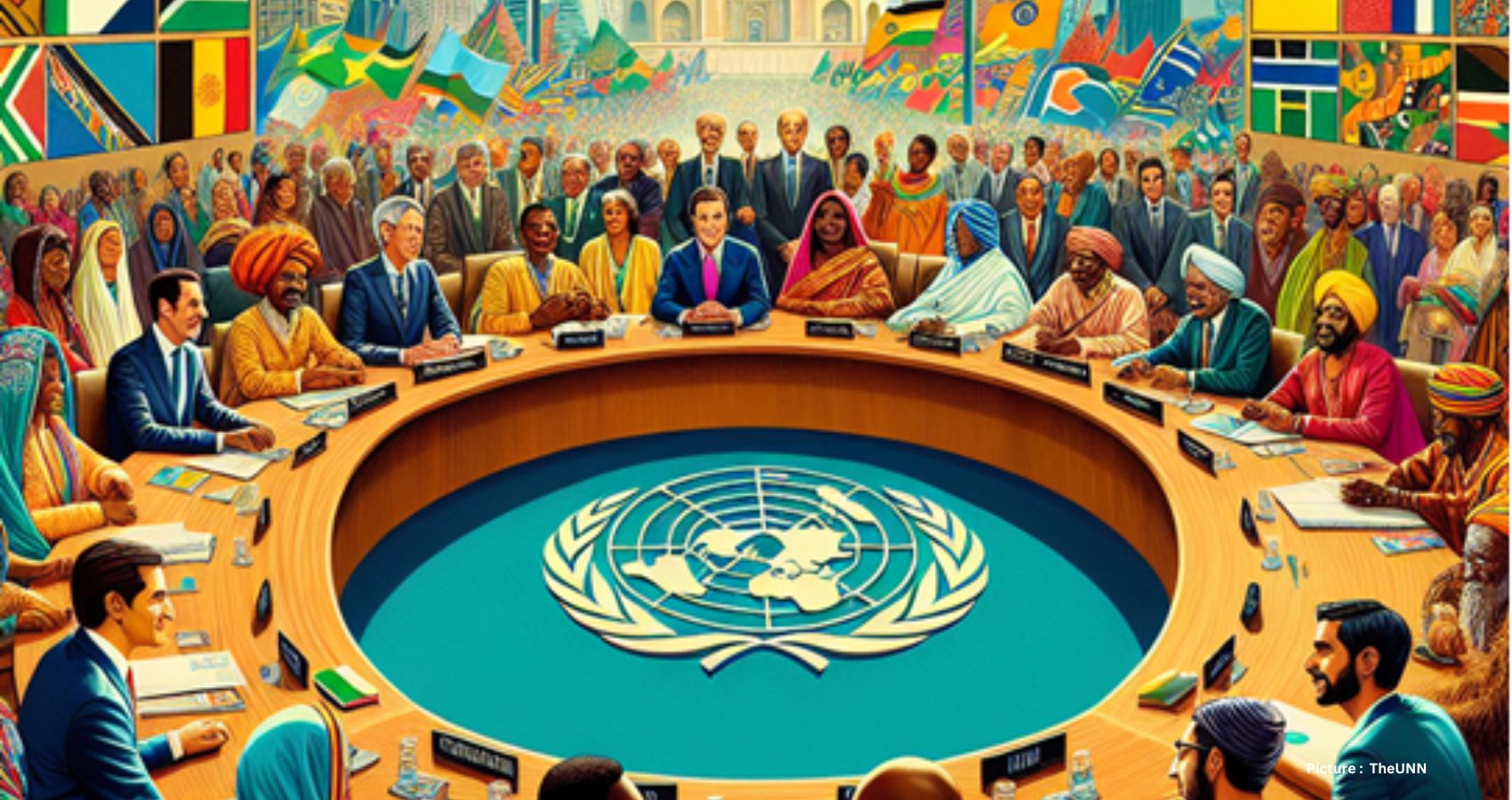In the dynamic landscape of international relations, the voices and concerns of the Global South, representing developing countries in the United Nations (UN), have grown increasingly vital. These nations, collectively forging a narrative of peace, security, and development, underscore the need for a more inclusive and equitable international cooperation framework.
The roots of the Global South’s collective identity trace back to the UN General Assembly in December 1963, when pivotal amendments were introduced to the UN Charter, enhancing representation in key UN organs. The subsequent formation of the Group of 77 developing countries (G-77) in June 1964 marked a significant milestone, advocating structural reforms in the UN to support socio-economic development.
Fast-forward to today, the UN Development Programme (UNDP), established in 1965, stands as a beacon of support for socio-economic activities in 170 countries, predominantly in the Global South. Its collaborative efforts with specialized UN agencies impact various facets of human endeavor on the ground.
The Global South’s pursuit of accelerated development faced challenges during the Charter of Algiers adoption in October 1967, where the call for a New International Economic Order clashed with environmental concerns raised by developed countries. The assertion that “poverty is the biggest polluter” resonated, setting the stage for the 1986 recognition of the “right to development” as an “inalienable human right.”
In 2015, the UN General Assembly adopted Agenda 2030, embodying 17 Sustainable Development Goals (SDGs), aligning global priorities with those of the Global South. Key to the SDGs’ realization are commitments for financial resource flows and technology transfers to the Global South, essential components of Agenda 2030.
However, the Global South’s concerns have intensified in light of the challenges faced, as articulated during the UN’s SDG Summit in September 2023. The unprecedented impact of the Covid-19 pandemic and a surge in violent conflicts, particularly in the Global South, have jeopardized SDG attainment.
Disturbingly, conflicts on the UN Security Council’s agenda affected 314 million people in 2022, a significant increase from the 60 million in 2015. The World Bank reported that the Covid-19 pandemic pushed an additional 90 million people, predominantly in the Global South, below the poverty line.
Ongoing conflicts across continents, notably in Ukraine and Gaza, underscore the UNSC’s increasing ineffectiveness. Calls for UNSC reforms, including the question of the veto, have fallen on deaf ears, fostering aggressive protectionism and militarism in developed countries. Despite opposition, Global South countries supported initiatives like the Vaccine Waiver in June 2022 and condemned unilateral coercive measures in December 2023.
India, at the forefront of coordinating Global South responses, hosted two Voice of the Global South Summits in 2023, addressing concerns and seeking solutions through multilateral reform. The G-20 Summit in September 2023 witnessed the inclusion of the African Union as its 21st member, expanding the grouping’s focus in favor of the Global South.
Looking ahead, the Global South’s leaders aim to reshape multilateral institutions, with the UN Summit of the Future in September 2024 as a pivotal moment. Their objective is to mandate the convening of a UN General Conference in 2025, fostering dialogue and diplomacy to revitalize the United Nations. Such initiatives are crucial for reinstating the integrity of an integrated international framework that prioritizes the pressing concerns of the Global South.


